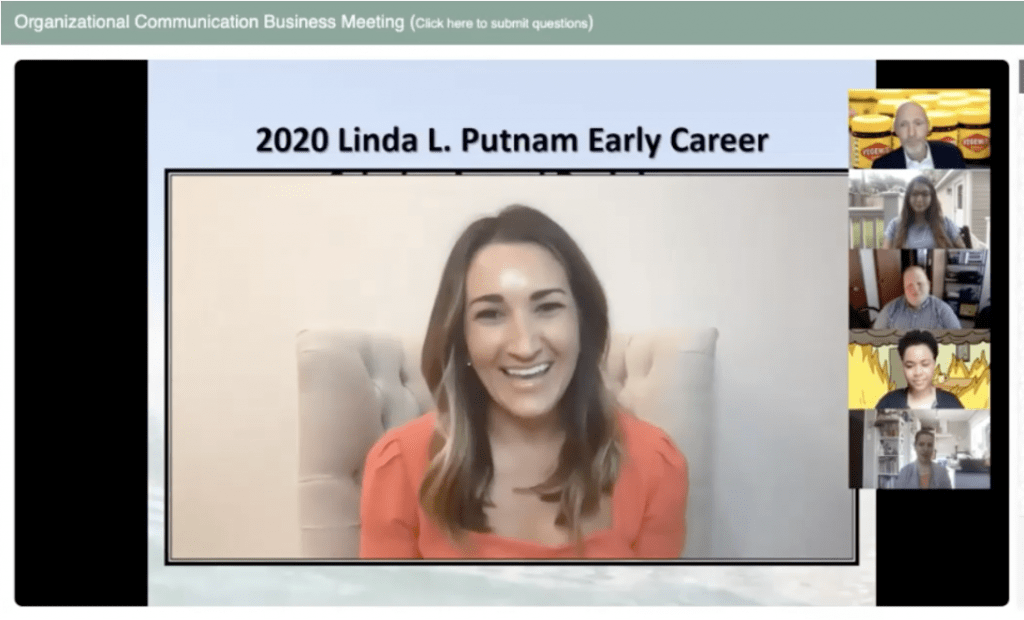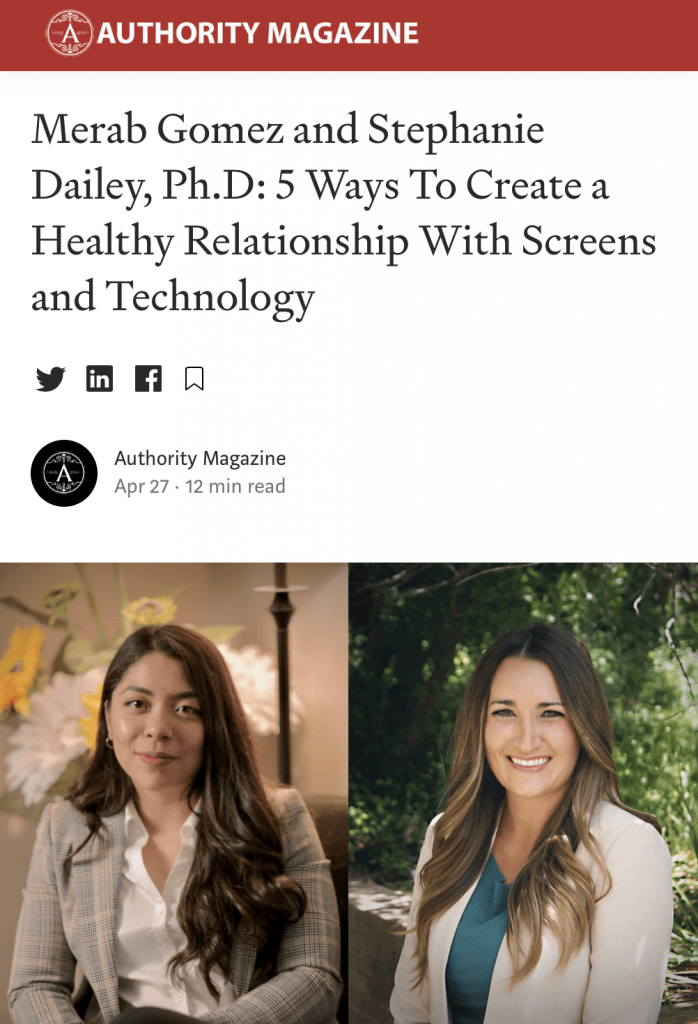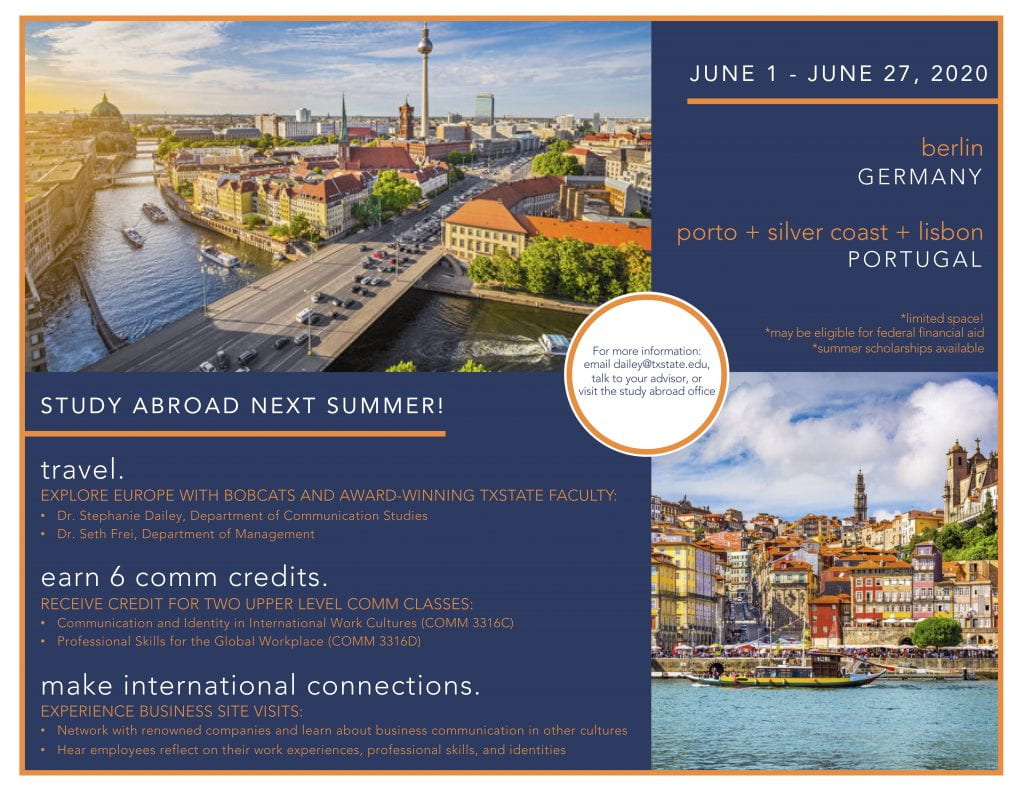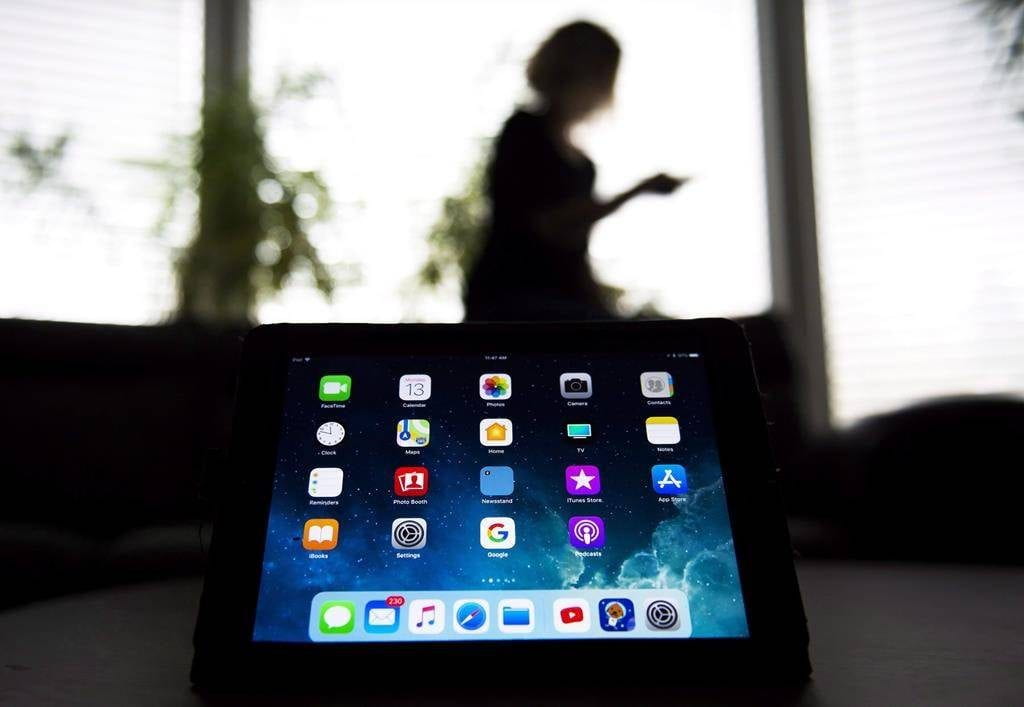Sports play a monumental role in our society. In this Communication Quarterly article, co-authored with Regina Alabere, Jake Michalski, and Courtney Brown, we sought to understand what communication in sports teaches people about communication in the workplace. Although the workplace health promotion literature describes how wellness initiatives may influence specific organizational behaviors, it does not a) account for sports activities outside of work and b) explain how sports experiences can shape our general understanding of work. Participating in sports outside of work is likely to serve as a source of anticipatory socialization. Yet scholars have understood little about how athletic involvement outside work may socialize individuals to vocations and organizations. To fill this gap in the literature, we focused on the sports and work experiences of individuals with intellectual disabilities (ID). Interviews and observations of working Special Olympics athletes illuminated how sports communication socialized individuals by helping athletes learn valuable skills used at work, adapt to various job duties, and develop confident work identities. These findings demonstrate the importance of sports communication beyond the playing field, and we encourage continued exploration to better understand the impact of everyday athletic experiences.
Category: Uncategorized
Linda L. Putnam Early Career Scholar Award
I am so honored to have received the 2020 Linda L. Putnam Early Career Scholar Award from the International Communication Association! As I said in my acceptance speech, shown in the picture below, I feel so proud to be part of such a wonderful community of organizational communication scholars. I’m incredibly grateful for all the ICA Org Comm Division has done to help me in my early career!
Article Published in Human Behavior and Emerging Technologies
Despite the public’s awareness of social media addiction, academic research in this realm remains limited. One of our social media team’s newest studies seeks to fill this gap in the research, seeking to understand predictors of social media addiction across four of the most popular social media platforms: Facebook, Twitter, Snapchat, and Instagram. We take a biopsychosocial approach to demonstrate that biological (age), social (including gender, intensity of use, need for social media, and social com- parison), and psychological factors (specifically stress, empathic concern, conscientiousness, and depression) predict social media addiction. Our findings show that although younger individuals are highly susceptible to social media addiction, users who manifest empathy toward others may have an enhanced psychological resiliency against addiction. Hope you enjoy this read!
Interview on KVUE
KVUE reporter Bryce Newberry interviewed me for his story about Instagram removing the publicly visible number of “likes.” Instagram says their goal is to “depressurize” the platform, particularly for young users. However, our research shows that social comparisons–which are associated with depression and anxiety–will likely still exist because we likely compare ourselves to other users’ posts overall, not other users’ number of likes. In addition, posters will still see the number of likes they received, privately, and this metric is more likely to be tied directly to one’s level of self-esteem.
Article Published in Spotlight on Mental Health Research
This latest publication identified two key social media factors most strongly associated with Generalized Anxiety Disorder: participants comparing themselves to others better off and posting while drinking alcohol. In addition to being published here, this research was featured on KVUE and BobcatUpdate.
Join Me in Europe!
I’m thrilled to be leading a new study abroad program with Management faculty member, Dr. Seth Frei, beginning next summer! If you are interested in studying with us, please email me for more information at Dailey@txstate.edu or follow us on instagram at @businesscommabroad.
Article Published in International Journal of Communication
Yaguang Zhu and I have published another piece together! Our latest study, titled “Personal-organizational processes in workplace health promotion: Understanding wellness program participation in China” shows the role of two personal–organizational processes–perceived organizational support and organizational identification–in predicting wellness program participation. Scholars had previously explained either personal (e.g., embarrassment; Stainbrook & Green, 1989) or organizational (e.g., problematic implementation; James & Zoller, 2017) reasons that employees might not participate in health programs at work. This study breaks new theoretical ground by exploring processes that are simultaneously personal and organizational, demonstrating that employees’ perceived organizational support can promote organizational identification, which in turn may bolster participation in workplace wellness initiatives. Our findings open the door for future work to explore other personal–organizational factors that might relate to workplace wellness program involvement, such as the role of organizational social media use or perceptions of work–life conflict. We hope you’ll read it here!
Appearance on the “Super Awesome Science Show” Podcast
I was honored to speak on the award-winning “Super Awesome Science Show” podcast this week! On this week’s episode, Jason and I talk about some of the research about social media and problems associated with excessive use. I hope you learn something new and interesting by listening!
Article Published in Personality and Individual Differences
Our interdisciplinary social media research team has published another piece in the journal of Personality and Individual Differences. This study, led by Dr. Krista Howard in the department of Psychology, explores factors associated with malicious trolling behaviors. Specifically, our research found that participants who identified as male, reported greater need for participation in social media, and greater likelihood to make downward social comparisons on social media were more likely to engage in trolling. These findings, which you can read more about here, help us gain a better understanding of trolls on social media, which we hope lead to more prevention and intervention opportunities.








